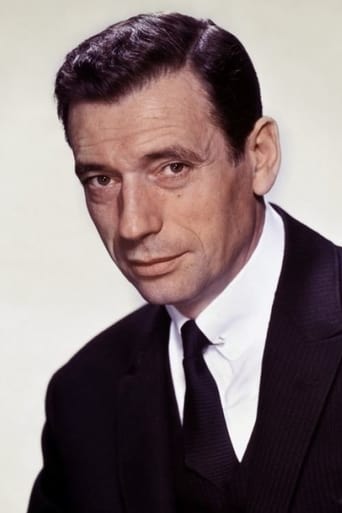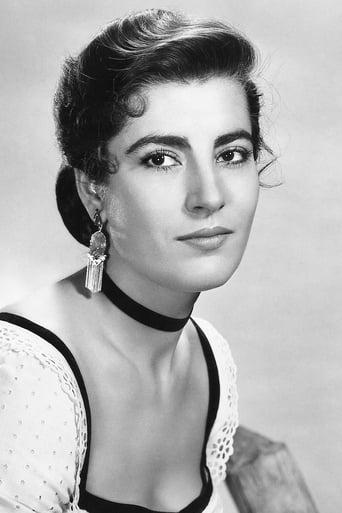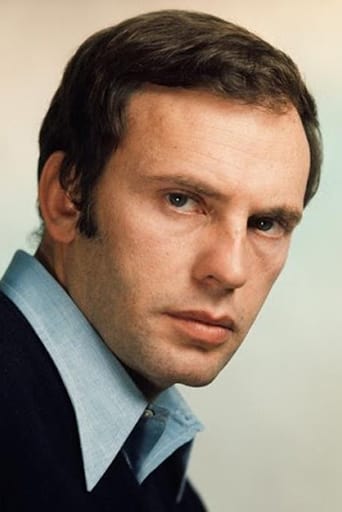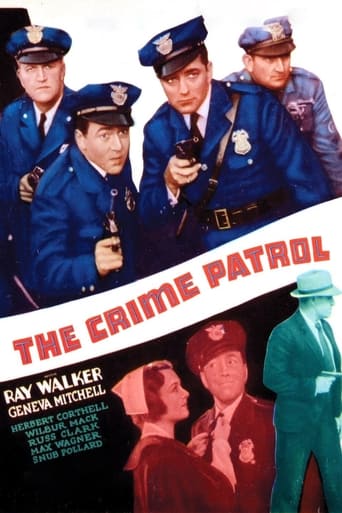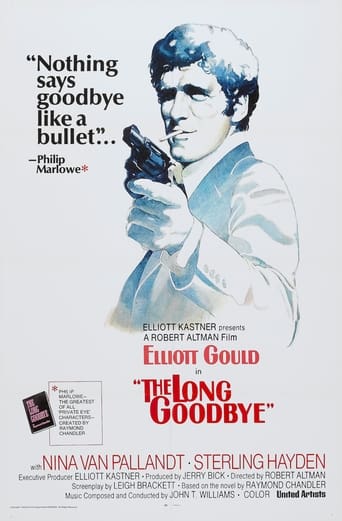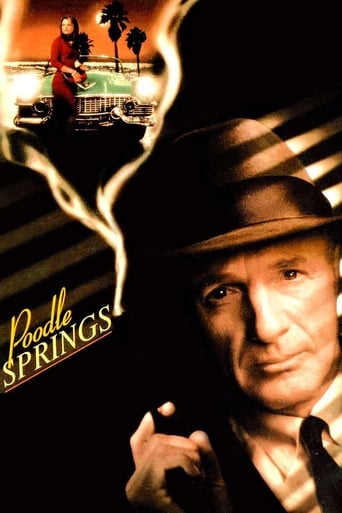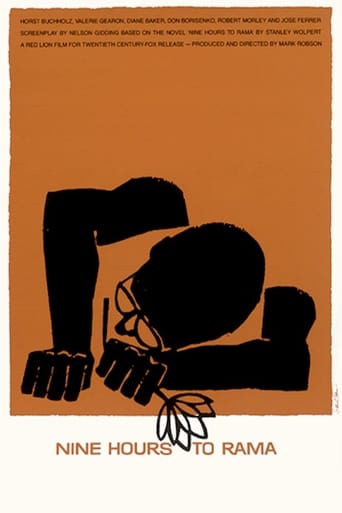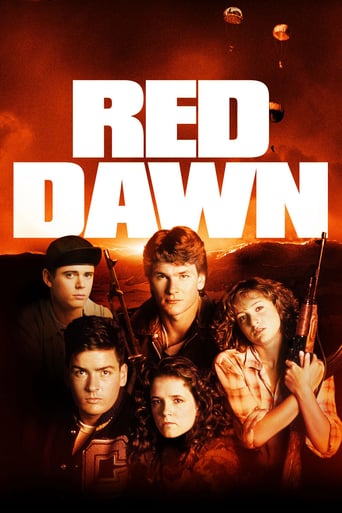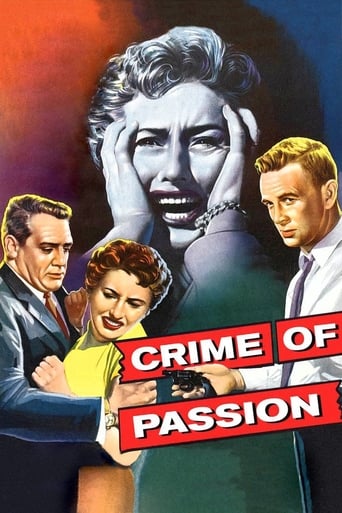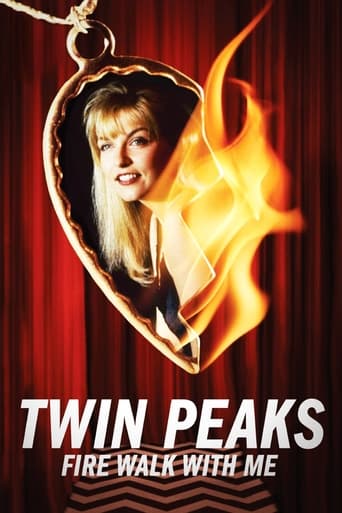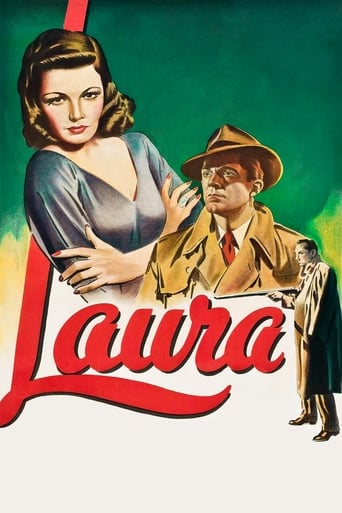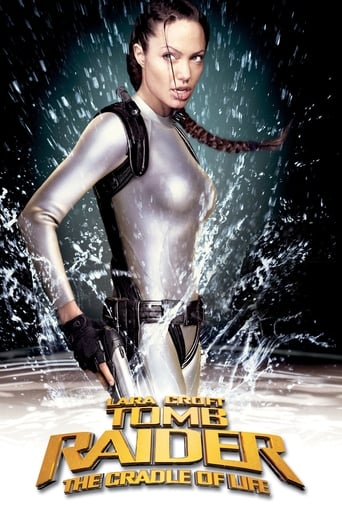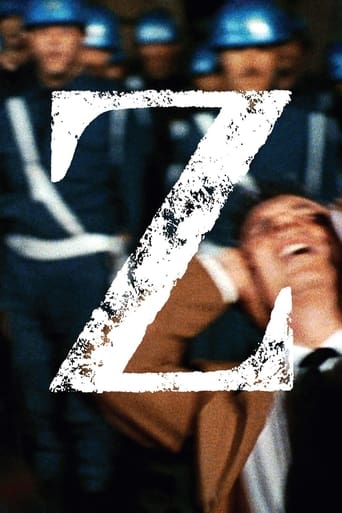
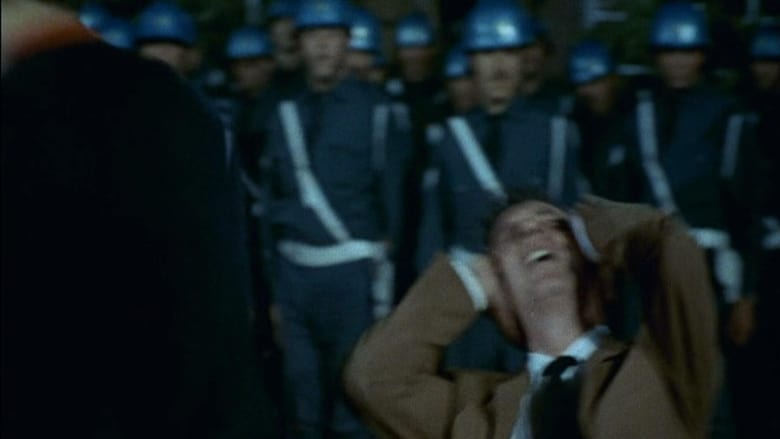
Z (2009)
Amidst a heated political climate, the opposition leader is killed in what appears to be a traffic accident. When a magistrate finds evidence of a government cover-up, witnesses start to get targeted. A thinly-fictionalized account of the events surrounding the assassination of Greek politician Grigoris Lambrakis in 1963, Z captures the outrage about the military junta that ruled Greece at the time.
Watch Trailer
Cast


Similar titles
Reviews
I found this Algerian-French film in the book 1001 Movies You Must See Before You Die, from the single one word title I had no idea what it would involve, but with a good rating by critics I hoped it would be worthy of its placement. Basically it begins a rather dull government lecture and slide show on agricultural policy has just ended, after which The General (Pierre Dux), leader of the security police of a right-wing military-dominated government, takes over the podium for an impassioned speech about the program by the government to combat leftism, using metaphors. Then it moves to preparations for an opposition rally, with pacifist The Deputy (Yves Montand) giving a speech advocating nuclear disarmament, it is obvious the government has been attempting to prevent the delivery of the speech. The speech venue has changed to a smaller hall, and logistical problems have come out of nowhere, right-wing anticommunist bullies (some sponsored by the government) hit the Deputy on the head, but he continues to make his sharp speech. Following the Deputy's speech, he crosses the road, a delivery truck speeds past him, with a man striking him with a club, this injury proves fatal, but it is obvious that the police have manipulated witnesses to force a conclusion that the victim was run over by a drunk driver. However the police has no control with the hospital reports, the autopsy disapprove of this interpretation, the Examining Magistrate (Jean-Louis Trintignant), and assistance from Photojournalist (Jacques Perrin), conclude that sufficient evidence proves two right-wing militants committed the murder, as well as four high-ranking military police officers, the distressed Deputy's widow Hélène (Irene Papas) gives her incites as well. The court case has many unexpected turn of events, including the prosecutor mysteriously removed, several key witnesses die in suspicious circumstances, the assassins receive fairly short sentences, the officers are only reprimanded, the Deputy's close associates die or are deported, and the Photojournalist is imprisoned for disclosing official documents. In the end, the government heads resign following public disapproval, but before elections are carried out there is a coup and the military seize power, there is a ban on modern and popular art, including in popular music and avant-garde novelists, modern mathematics, classic and modern philosophers, and the use of the term "Z", which is a popular Greek protest slogan, it means "he lives". Also starring Charles Denner as Manuel, Georges Géret as Nick and François Périer as Attorney. I was just about able to follow what was going on, with dodgy government and military officials and officers getting caught up in a murder conspiracy that becomes a big courtroom inquiry, with themes of betrayal and corruption, an interesting political drama. It won the Oscars for Best Foreign Language Film and Best Film Editing, and it was nominated for Best Picture, Best Director for Costa-Gavras and Best Writing, Screenplay Based on Material from Another Medium, it won the BAFTA for the Anthony Asquith Award for Film Music for Mikis Theodorakis, and it was nominated for Best Film, Best Film Editing, Best Screenplay and the UN Award, and it won the Golden Globe for Best Foreign-Language Foreign Film. Good!
You can get the synopsis and summary, and a lot of good reviews here in IMDb... For someone unfamiliar with Z - this is perhaps the best political intrigue film ever done. Taut, fast moving, exciting... It is a period piece in that it celebrates the height of the image of the investigative photographer as a romantic figure, with a serious role to play. Trintignant portrays the honorable civil servant as an even more unlikely hero in the present- respecting the law and enforcing it in the face of intimidation.As far as its relevance in 2014: Don't get hung up on the fact that it mirrors real life events from the 60's. Think about the concerns today about who has the power, what personal information is available to governments - even the US - and government-contracted - intelligence experts. Consider, too, how public opinion is manipulated. Finally consider how much of this process is conducted out of sight of the press or public. Chilling.
If there's a genre 'Political Thriller', this movie has to be at the top of the list. It's a well-written and brilliantly directed film that brought the events that happened in a right-wing regimen in Greece(which is implied). A sincere judge unfolds the mystery of an "assassinated" Leftist by painstakingly gathering the details of the "accident" with the help of a budding reporter. I am surprised the movie didn't win the 'Best Adapted Screenplay', if not the 'Best Picture', which it totally deserves. And a kudos to the quintessential editing.I am neither a student of Politics nor History, but i know an awesome movie when i watch one. This is that 'One'.
Costa-Gavras's 1969 film Z, written by Jorge Semprun off a novel from Vasilis Vasilikos, is two important things. First, it's a scathing indictment of government inadequacy and police corruption, based on real events but socially relevant still in our current culture. Second, it's the evolution of the political thriller, a genre that has long been one of great adoration for me. The film details the assassination of Greek pacifist Gregoris Lambrakis (though the film takes fictional liberties and never directly names the majority of it's characters) and takes place in Europe, but coming at the end of a decade that saw the assassinations of John F. Kennedy, Martin Luther King and Malcolm X, along with America being in the midst of the Vietnam War, it's themes of political mistrust and revolution are ones that were easily translated overseas.Political thrillers had been done before, including one of my personal favorite films The Manchurian Candidate, but Gavras was one of the first to take the genre, depict real events and turn the camera on the world at large and force it to take a look at itself. With a stunning mix of cinematic action sequences that had my heart racing and real-life consequences, Z set the bar for it's field to be judged by and it still remains at the very peak. The way that Gavras stages the whole thing is brilliant, constructing the pieces of this intricate plot like a symphony, making sure that he gets a note on each character while keeping the focus on the task at large. He knows where he is going to end up, but he also is fully aware of what important paths he must take in order to get there. It's an elaborate staging and one that could have easily overwhelmed it's director, but Gavras hits his marks with an unbelievable precision and authenticity that never gets too far ahead of it's viewer or leaves them cold.Everything is immaculately constructed and fully engaging. He makes sure that all of the parts are functioning properly, while simultaneously building to his ultimate goal. The first act is loaded with intensity, an uncomfortable feeling of paranoia and looming tragedy, as everyone prepares themselves for the rally to be led by Yves Montand's Lambrakis-proxy. There's a chilled, eerie feeling in the air, with several scenes of haunting, quiet tension all culminating in the rally itself which explodes with violent riots and protest, all while the police stand by and do nothing. The primary focus of the film then becomes a study of deconstructing the events that took place and figuring out who was responsible, through their actions and inaction. It's an endlessly intriguing web of trying to bring down the corrupt police and politicians, led with stern bluntness by the great Jean-Louis Trintignant, as the investigator who strives to bring the perpetrators to justice. The audience already knows what happened, so the film becomes this exploration of how it happened.Gavras wisely elects to focus on the case at hand, letting the political and societal ramifications unfold within the viewer themselves, instead of making the film become a left-wing preach of condemning the right. He doesn't focus himself on the politics of Montand's central character, but instead the corruption and indifference that plagues the government and military forces. It's a commentary and attack on the refusal to act by the people who we trust to be the ones to protect us and keep justice alive. With it's real-life themes and events, Gavras presents a biting attack on these men of power, but even without that he is able to make it an easily accessible and wildly compelling thriller. The mark of the best political thriller is one that succeeds even without it's politics. Gavras gives his audience the best of both worlds here, all building to a stunning conclusion that is bold, innovative and uncompromising in it's refusal to give us a happy ending.


